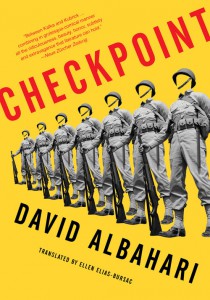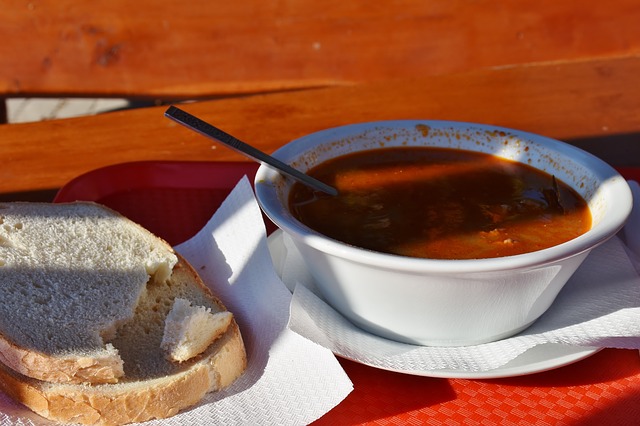We know you’re just as eager as we are to learn who will win the Man Booker International Prize tomorrow, so we’ve enlisted our very own Barbara Halla to walk you through her predictions! A member of this year’s Man Booker International Shadow Panel, Barbara has read every book on the short- and longlists, making her our resident expert. Read on for her top 2019 MBI picks!
Last year, someone called the Man Booker International my version of the UEFA Champions League, which is fairly true. Although I don’t place any bets, I do spend a lot of my time trying to forecast and argue about who will win the prize. And I am not alone. For a community obsessed with words and their interpretation, it is not surprising that many readers and reviewers will try to decipher the (perhaps inexistent) breadcrumbs the judges leave behind, or go through some Eurovision level of political analysis to see how non-literary concerns might favour one title over the other. Speaking from personal experience, this literary sleuthing has been successful on two out of three occasions. After a meeting with some of the judges of the 2016 MBI at Shakespeare & Company, I left with the sense that Han Kang’s The Vegetarian (translated by Deborah Smith) would take home the prize that year. In 2018, Olga Tokarczuk’s Flights (translated by Jennifer Croft) seemed to be everyone’s favourite, and despite a strong shortlist, I was delighted, although not shocked, to see it win.
The winner of this year’s Man Booker prize is proving more elusive. The shortlist is strong, but no one title has become a personal, or fan-, favourite. And I find the uncertainty at this stage in the competition very interesting. It is almost in direct contrast to how the discussion around the prize unfolded between the unveiling of the longlist and the shortlist. When the longlist was announced on 12 March, it was immediately followed by a flurry of online reactions that are all part of a familiar script: despite predictions by “expert” readers, few big names and titles made it onto the longlist. With good reason, some literary critics addressed the list’s shortcomings with regards to its linguistic and national diversity. Independent presses were congratulated for again dominating the longlist, a reward for their commitment to translated fiction. But as dedicated readers tackled the longlist head-on, there was a general feeling of disappointment with a good portion of the titles, which allowed the best to rise to the top quickly.




